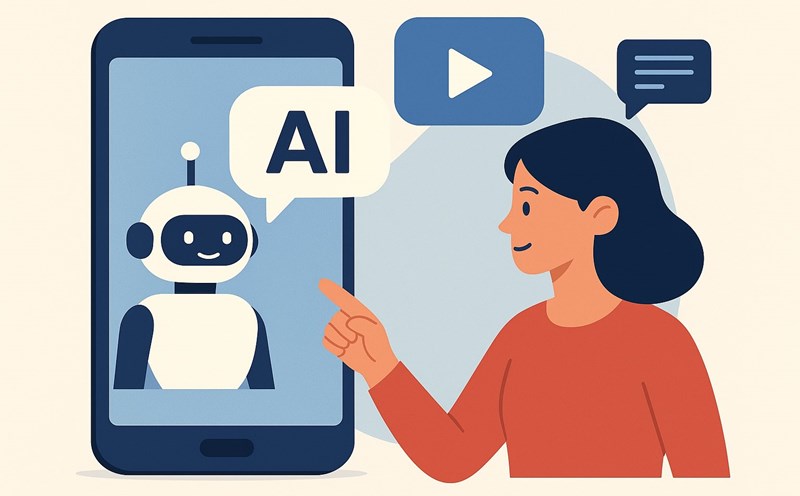The global switchboard industry, where millions of employees answer billions of calls each year, is witnessing a strong transformation thanks to artificial intelligence (AI).
New technologies help shorten the time to search for information, automatically take call notes and even predict customer problems before they can present them.
Armen Kirakosian, an employee of TTEC in Greece, shared: Before, I spent a lot of time taking notes and looking up complicated menus. Now, AI has prepared my customer profile. I can focus more on solving the problem.
According to McKinsey Management Consulting Company (USA), about 50% of customer service staff quit their jobs after just one year due to pressure and monotony.
AI is expected to reduce this burden when taking on repetitive tasks. However, the big question remains: "What is the limit between humans and machines in the customer service industry? ".
Some financial firms have been testing comprehensive AI applications. As Klarna, a Swedish company known for its prepaid and postpaid services, replaced 700 customer service staff with chatbot in 2023.
As a result, despite cost savings, customer satisfaction has decreased, forcing the company to re-recruit employees. This case shows that there are sensitive situations where AI is unlikely to replace humans.
On the other hand, improvements in AI still open up positive prospects. Bank of America said that the Erica chatbot has been used 3 billion times since 2018, supporting spending behavior prediction and connecting customers to the right department when needed.
James Bednar, Vice President of Products and Innovation at TTEC, commented: AI will bring customers to the right person who can solve the problem, end the need to navigate through a series of complex menus.
Experts say that the communication center of the future will prioritize AI in handling most of daily requests, while well-trained and well-paid employees will focus on the most difficult situations.
This means that AI is not erasing the switchboard industry, but is reshaping the role of humans in a more in-depth direction.










